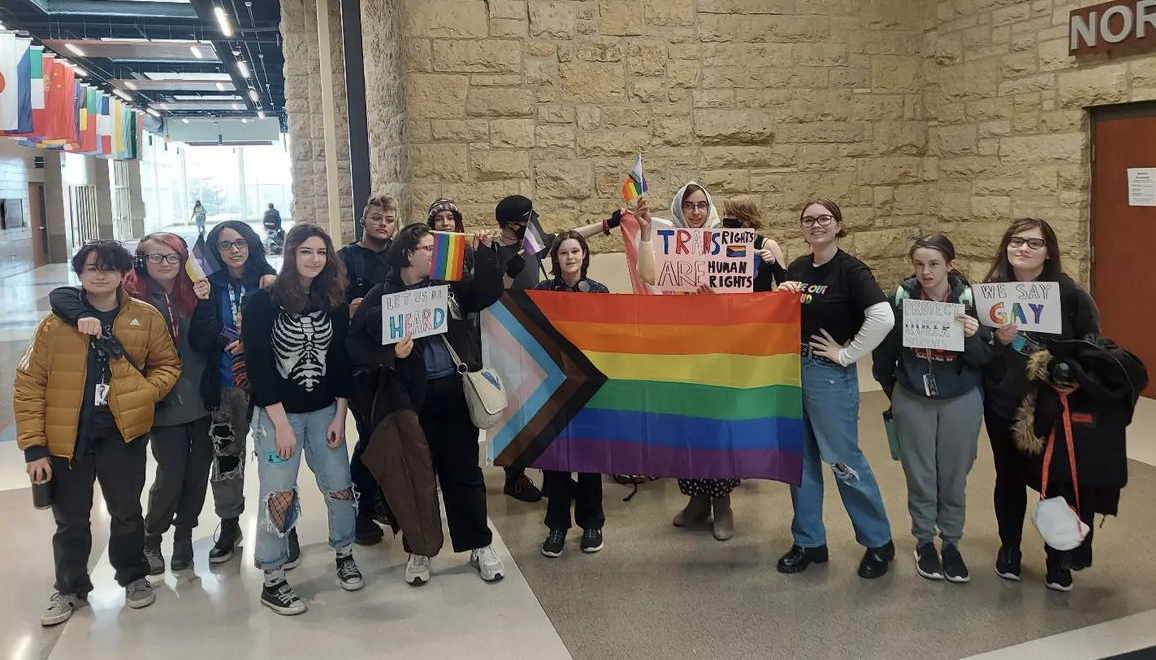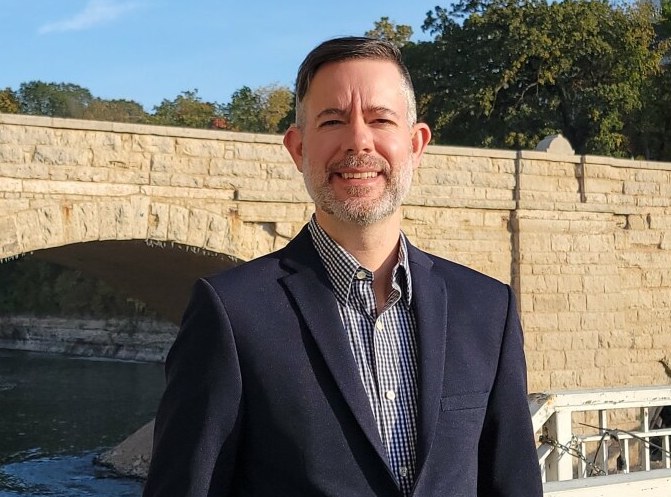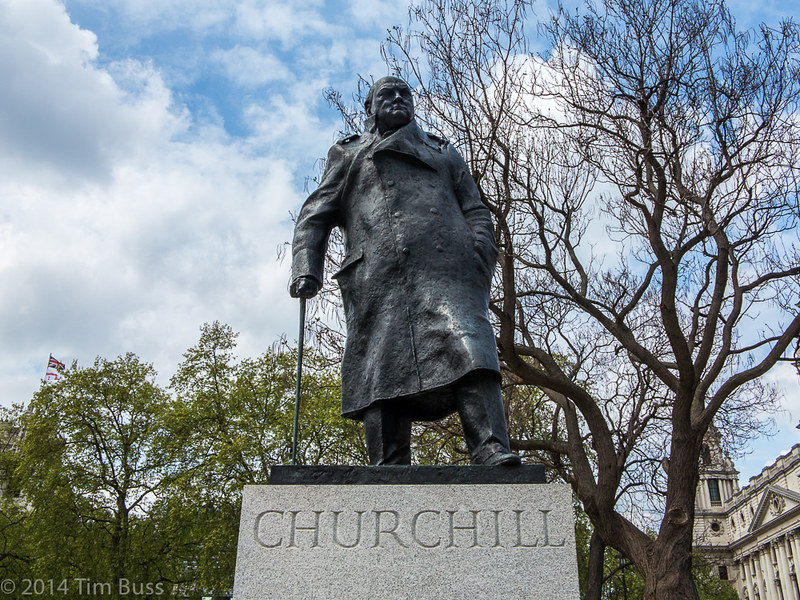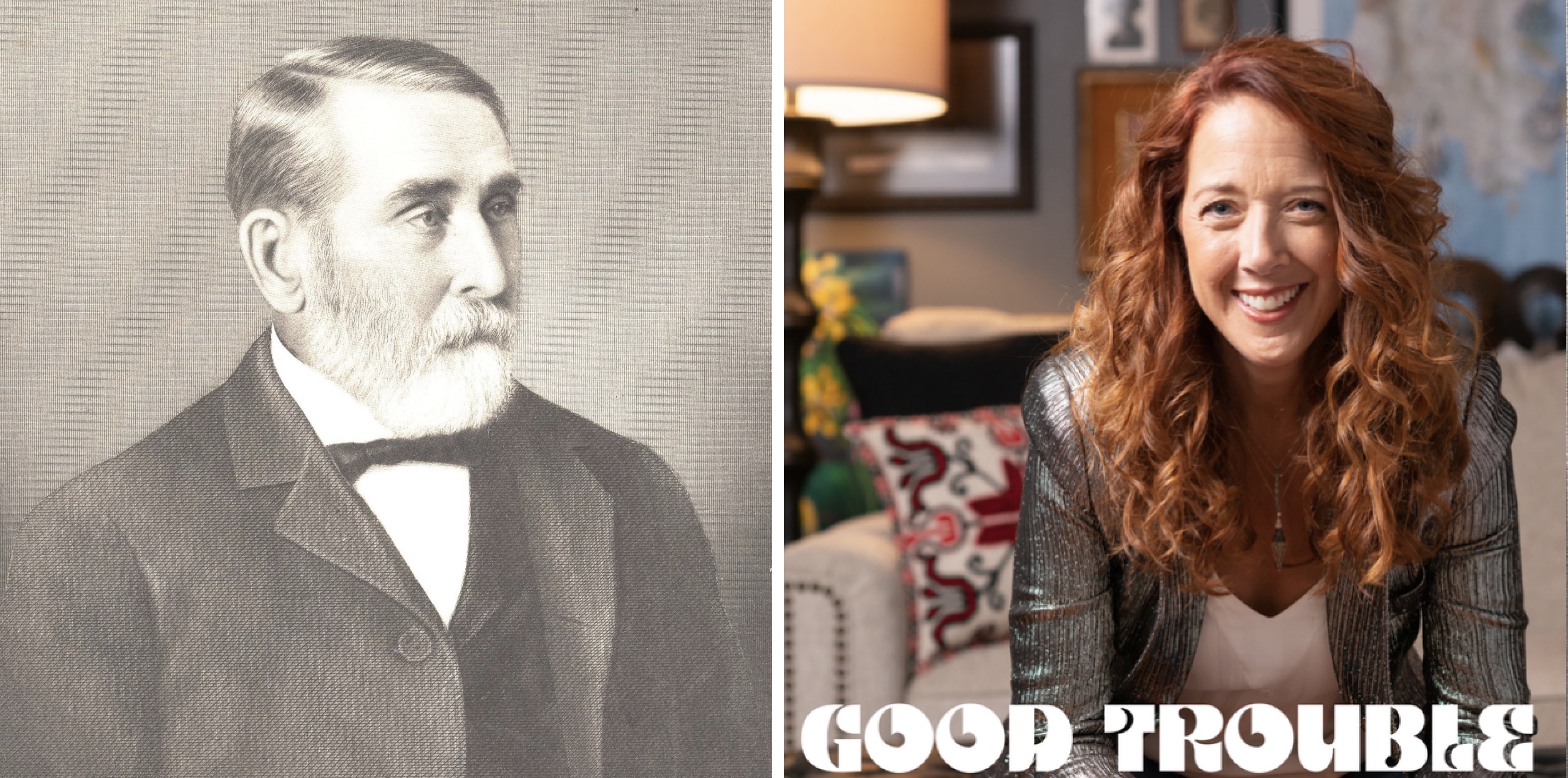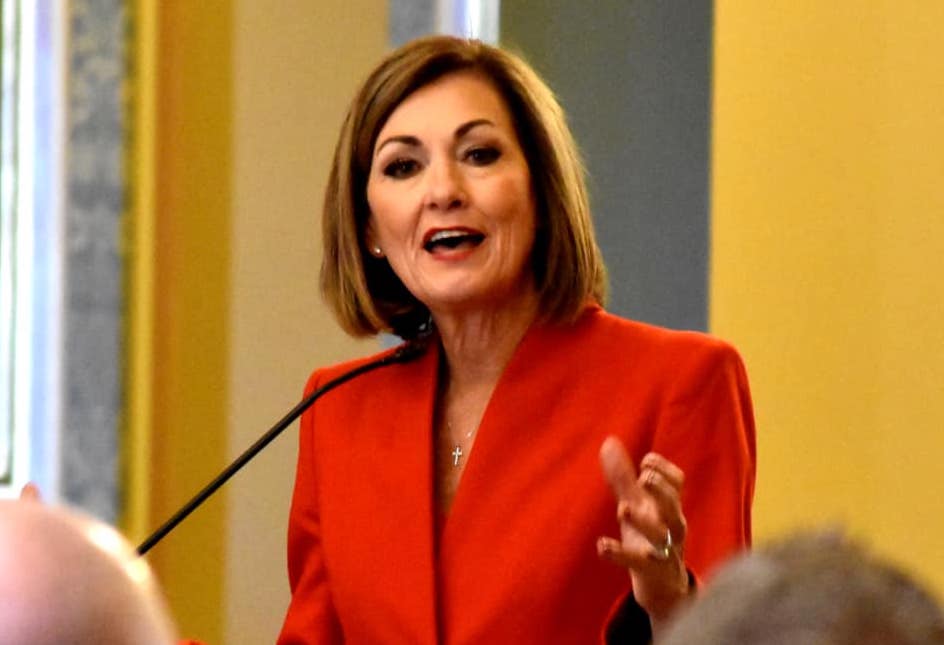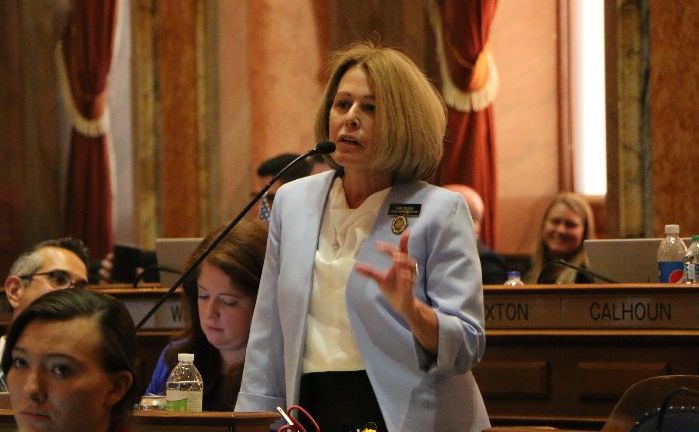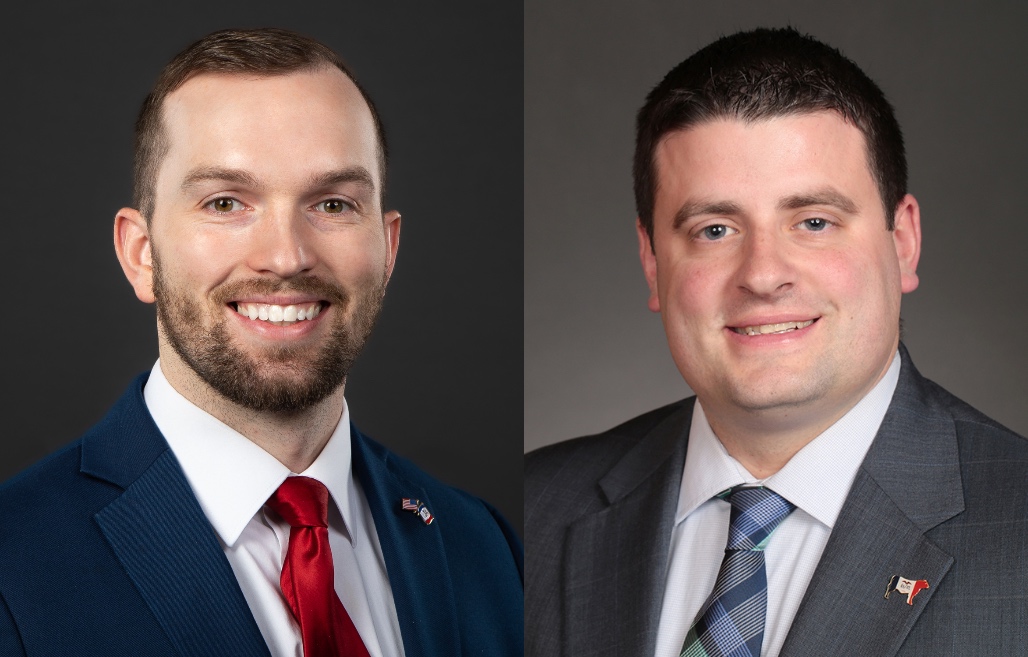Bruce Lear lives in Sioux City and has been connected to Iowa’s public schools for 38 years. He taught for eleven years and represented educators as an Iowa State Education Association regional director for 27 years until retiring
Everyone probably remembers the junior high or high school bully. The one who terrorized vulnerable kids, who dressed a little differently or didn’t say the right things. The ones who didn’t fit in. Those perceived as “other.”
Every school had a bully.
The only thing worse than a lone bully is a group of them trying to outdo each other. Then it becomes a competition to see who can punch down harder on their victims. When bullying escalates, the environment deteriorates.
Continue Reading...
